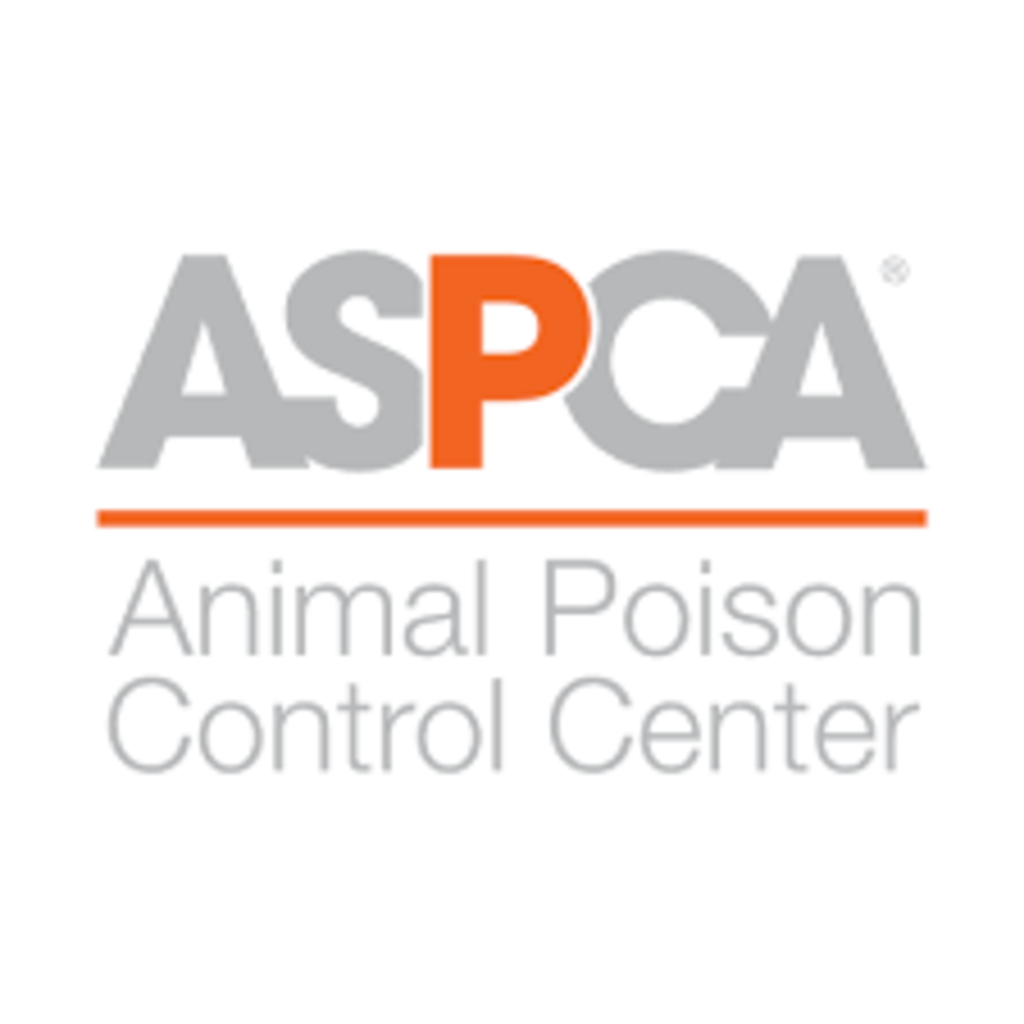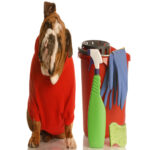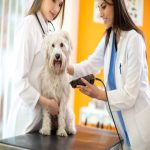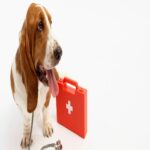
The National Animal Poison Control Center plays a crucial role in protecting pets and animals from harmful substances. This specialized center provides 24/7 emergency assistance to pet owners and veterinarians when animals are exposed to toxins or poisonous materials. Whether it’s household chemicals, human medications, or toxic plants, the National Animal Poison Control Center offers expert guidance on immediate actions, treatment options, and prevention tips to ensure animal safety and well-being.
National Animal Poison Control Center

Most puppies and many adult dogs will chew on plant foliage out of curiosity, boredom, or an attempt to induce vomiting. Trouble is, many of the chewed-on plants are poisonous.
Pets don’t limit that strange eating habits to plants; they will ingest substances that smell good, even though those substances can make them sick or worse. Chocolate, anti-freeze, and pesticides are some of the common household materials that can cause severe reactions and death.
House plants aloe vera, dieffenbachia, draecena, asparagus fern, rubber plant, schefflera, and poinsettia and outdoor favorites azalea, rhododendron, hibiscus, and lily of the valley are among dozens of plants that can cause a variety of symptoms for dogs. Even apple seeds and cherry pits can poison a pet.
But help is available. The National Animal Poison Control Center, a division of the American Society for Prevention of Cruelty to Animals, is only a phone call away every hour of every day of every week. Center veterinarians and veterinary toxicologists have up-to-the minute information on toxicity levels, antidotes, treatments, and prognosis based on more than 600,000 cases involving pesticides, drugs, plants, metals, and other exposures in pets, livestock, and wildlife.
These specialists provide advice to animal owners and confer with veterinarians about poison exposures.
If you suspect your pet has been poisoned, gather the following information and then call the NAPCC: give your name, address, and telephone number; the species, breed, age, sex, and weight of each animal affected; the substance the animal ingested if known; the package containing the substance if available; the time that has elapsed since ingestion; and the symptoms the animal is showing.
NAPCC has two telephone numbers for easy access:
(888) 4ANIHELP (426-4435): $45.00 per case (Visa, MasterCard, Discover or American Express). The Center will do as many follow-up calls as necessary in critical cases, and at the owner’s request will contact his veterinarian. The Center also provides via fax specific treatment protocols and current literature citations when indicated.
(900) 443-0000: $45.00 per case appears on your telephone bill. The Center will do as many follow-up calls as necessary in critical cases, and at the owner’s request will contact their veterinarian. Follow-up calls can be made by calling (888) 299-2973.
The center also has an animal product safety service for manufacturers of veterinary, agricultural, and chemical products. This service provides a toll-free number to be printed on product labels and literature so that toxicity information and treatment advice are available to purchasers. There is no charge for calls made to the number provided on the product. This service also keeps case records, compiles quarterly reports, and works with manufacturers to increase product safety.
In a world filled with potential hazards for pets, the National Animal Poison Control Center stands as a reliable source of expert help and information. By offering timely support, educational resources, and emergency advice, it helps save countless animal lives every year. If you ever face a pet poisoning emergency, contacting the National Animal Poison Control Center can make all the difference between danger and recovery.Let us know in the comments if you’ve ever contacted the National Animal Poison Control Center or have tips on keeping pets safe from toxins!
Frequently Asked Questions
What is the National Animal Poison Control Center?
The National Animal Poison Control Center is a 24-hour emergency service offering expert guidance on treating animals exposed to toxic substances or poisons.
When should I call the National Animal Poison Control Center?
You should contact the National Animal Poison Control Center immediately if your pet ingests or comes into contact with any harmful chemical, food, or medication.
How does the National Animal Poison Control Center help pet owners?
The National Animal Poison Control Center provides expert advice on first aid, treatment steps, and prevention strategies to protect pets from poisoning emergencies.






